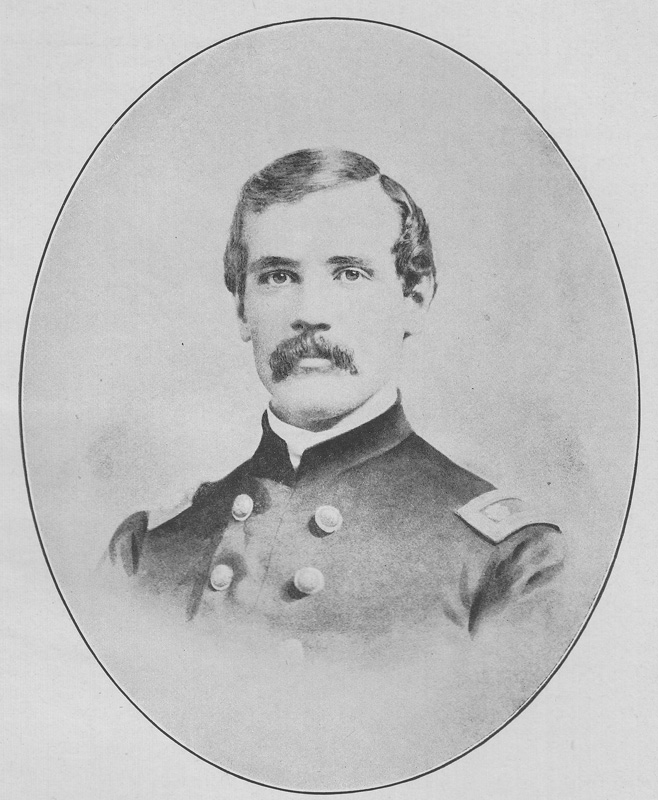end of header
History
You are here: Census.gov › History › Home Page Archive › 2016 › August 2016
2016
August 2016
Visit https://www.census.gov/history every month for the latest Census History Home Page!
U.S. Census Bureau History: Jesse Owens and the Olympics

Jesse Owens is considered one of the greatest track and field
athletes in history. At the 1936 Berlin Olympics, he won four
gold medals for the 100- and 200-meter sprints, long jump, and
4X100-meter relay.
Photo courtesy of the Library of Congress.
Between August 5–21, 2016, more than 10,000 international athletes will visit Rio de Janeiro, Brazil, to participate in the 2016 Summer Olympic Games. As the competitions get underway, many will draw their inspiration from legendary track and field star Jesse Owens. Decades earlier, Owens stunned the world with his feats at the 1936 Summer Olympics.
Berlin, Germany, hosted the Olympische Sommerspiele 1936—Games of the XI Olympiad—August 1–16, 1936. Held just prior to World War II, German Führer Adolph Hitler expected the games to showcase the superiority of German athletes. Germany performed well in many events (earning a nation-leading 89 total medals), but performances by non-German athletes, including Jesse Owens (1 of 18 African American athletes competing at the Berlin Games), stole the spotlight.
Despite warnings they would receive a chilly reception from German spectators at Berlin's Olympiastadion, Owens and the other American athletes received loud, heartfelt ovations for their victories. Owens won individual gold medals in the long jump and 100-meter and 200-meter sprints. With the help of his teammates, he added a gold medal for the 4X100-meter relay, leaving Berlin an international track and field superstar. All total, the United States won 56 medals.
Although the German government anticipated the 1936 Olympics would demonstrate the nation's superiority, the games are best remembered today for the achievements of African American athletes and the American, Hungarian, Canadian, Austrian, Polish, and German Jews who overcame hostility, exhibited exemplary sportsmanship, and won medals for their nations.
You can learn more about Jesse Owens, the Olympics, and Brazil—the 2016 Summer Olympics host nation—using data collected by the U.S. Census Bureau and other federal agencies. For example:
- Jesse Owens was born in Oakville, Lawrence County, AL, on September 12, 1913. At the time, Lawrence County's population was approximately 21,984. During the 2010 Census, the county's population was 34,339.
- Jesse Owens was not alone in awing track and field spectators at the Berlin Olympics. Teammates Archie Williams won gold for the 400-meter dash; John Woodruff won the 800-meter dash; Forrest Towns won gold in the 110-meter hurdles; and Glenn Hardin placed first in the 400-meter hurdles. Conelius Johnson set an Olympic record to win the high jump, joined on the medal podium by Americans David Albritton (silver) and Delos Thurber (bronze). Harold Cagle, Robert Young, Edward O'Brien, and Alfred Fitch earned silver in the 4X400-meter relay. American men also won gold in the pole vault, discus, and decathlon. Helen Stephens won the women's 100-meter dash and helped Harriet Bland, Betty Robinson, and Annette Rogers best Great Britain and Canada to win the women's 4X100-meter relay.
- The American diving team, including Dorothy Poynton Hill, Elbert Root, Marjorie Gestring, and Richard Degener, swept the men's 3- and 10-meter events while the women earned gold and silver. American men also won gold in basketball, 400-meter freestyle swimming, 100 meter backstroke, weightlifting (featherweight), and freestyle wrestling (welterweight).
- In addition to movies, documentaries, and biographies about Jesse Owens, Hollywood and the publishing world took notice of many other American athletes competing in the 1936 Summer Olympics. For example, the 2014 movie Unbroken features the life of Louis Zamperini, who finished seventh in the 1936 Olympics' 5,000-meter race and later served as a bombardier and prisoner of war during World War II. The documentary American Experience: Boys of '36 (based on Daniel James Brown's book, The Boys in the Boat) airs on the Public Broadcasting Service this month about the unexpected victory by American rowers Charles Day, Donald Hume, George Hunt, Gordon White, Herbert Morris, James McMillin, Joe Rantz, John White, and Robert Moch. Betty Robinson's victory in the 4X100-meter relay following a near-fatal 1931 plane crash was the subject of the 2014 book First Lady of Olympic Track.
- The Instituto Brasileiro Geografia e Estatistica—Brazil's census agency—conducted a national population census in 2010 during which 191,000 enumerators visited 67.6 million housing units. At that time, Brazil's population numbered 190,732,694. Today, Brazil's population clock estimates the nation's current population is about 206 million, making it the fifth largest country in the world behind China, India, the United States, and Indonesia.
- Brazil is the largest Portuguese-speaking country in the world and many Brazilians continue to speak the language after moving to the United States. In 2014, the American Community Survey estimated that 680,563 people age 5 years and over in the United States spoke Portuguese or Portuguese Creole at home. In comparison, 235,905,559 spoke only English at home, 39,254,342 spoke Spanish or Spanish Creole at home, and 3,139,432 spoke Chinese at home.
- Sports and sporting goods are big business in the United States. In 2012, the Economic Census found the nation was home to 29,789 Fitness and Recreational Centers (NAICS 71394) with revenue of more than $24.0 billion; 4,164 Spectator Sports (NAICS 71121) establishments earning nearly $33.3 billion; 21,132 Sporting Goods Stores (NAICS 45111) with sales of $40.7 billion; and 1,629 Sporting and Athletic Goods Manufacturing (NAICS 339920) establishments with a total value of shipments totaling $10.3 billion.
- Two American cities—Los Angeles, CA, and Lake Placid, NY—have each hosted two Olympic Games. Los Angeles hosted the 1932 and 1984 Summer Olympics. During that time, the city's population grew from approximately 1.2 million to approximately 3 million. Lake Placid, NY, hosted the 1932 and 1980 Winter Olympics. Its population declined from 2,930 in 1930 to 2,490 in 1980. The next opportunity for the United States to host the Olympics could be in 2024, in Los Angeles, CA. Still in the running are Budapest, Hungary; Paris, France; and Rome, Italy. The International Olympic Committee will announce the winning host city at its September 2017, meeting in Lima, Peru.

Rio de Janeiro, Brazil, hosts the 2016 Summer Olympics from August 5 to 21. More than 10,000 athletes from 207 nations will compete in 28 sports and 306 events,
including newly added rugby and golf competitions. The United States will send more than 500 athletes to the games to compete in events that include
gymnastics, basketball, diving, sailing, tennis, and track and field.

View larger image
Olympic Games
Six U.S. cities have hosted Olympic games—St. Louis, MO (1904); Los Angeles, CA (1932 and 1984); Lake Placid, NY (1932 and 1980); Squaw Valley, CA (1960); Atlanta, GA (1996); and Salt Lake City, UT (2002).
According to the International Olympic Committee, Americans have won 282 Winter Olympic medals since 1924 and 2,399 Summer Olympic medals since 1896.
Following the 2012 Summer Olympics in London, the most decorated Olympic athletes are American Michael Phelps (22 swimming medals) and Soviet gymnasts Larisa Latynina and Nikolai Andrianov with 18 and 15 medals, respectively.

View larger image
This Month in Census History
On August 25, 1864, Confederate Jacob W. Cobb, Jr. captured future superintendent of the census Francis Amasa Walker during the Second Battle of Ream's Station.
After the war, Walker was superintendent of the 1870 and 1880 censuses. Learn more about Walker's life and Civil War experience in the article, "Captured! The Civil War Experience of Superintendent of the Census Francis Amasa Walker."
Did You Know?
The August 17, 1939, edition of the Evening Independent in St. Petersburg, FL, reported that the Census Bureau received hundreds of proposed questions for the 1940 Census. Suggestions included collecting data on Americans' eye and hair color; a dog and railroad tie count; questions about Bible and waffle iron ownership; and inquiries asking women to explain why they were unmarried or childless!
New inquiries in 1940 related to housing, migration, income, and employment, but most of the suggested questions have never been part of a Census Bureau survey.
Comments or suggestions?




